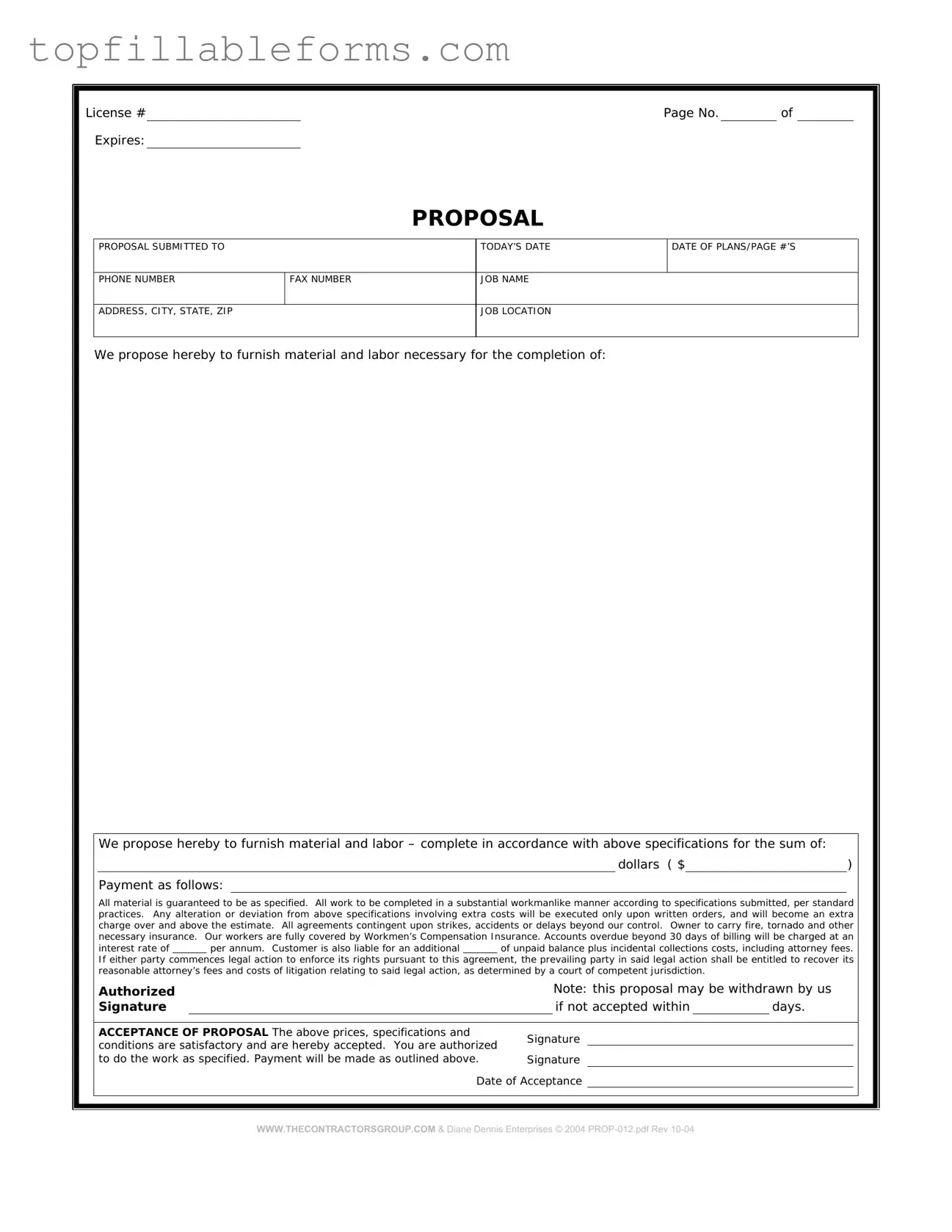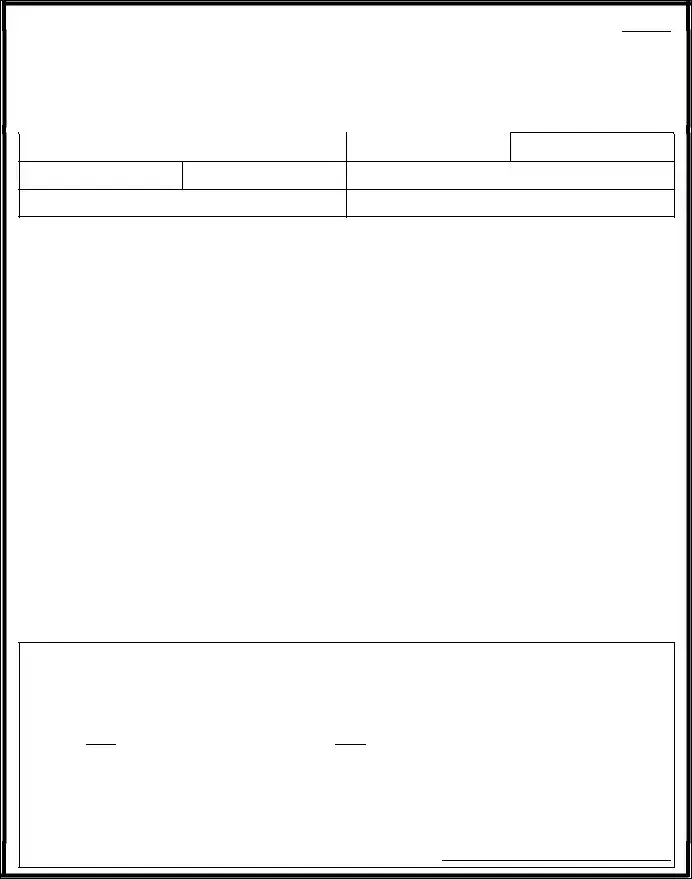Printable Construction proposal form Form in PDF
The Construction Proposal Form is a critical document used in the bidding process for construction projects. It outlines the details of the project, including scope, costs, and timelines, allowing contractors to present their qualifications and proposed solutions. Understanding this form is essential for both contractors and clients to ensure clear communication and successful project execution.
Open Construction proposal form Editor Here

Printable Construction proposal form Form in PDF
Open Construction proposal form Editor Here
Finish the form now and be done
Finish your Construction proposal form online by editing, saving, and downloading fast.
Open Construction proposal form Editor Here
or
▼ PDF File

